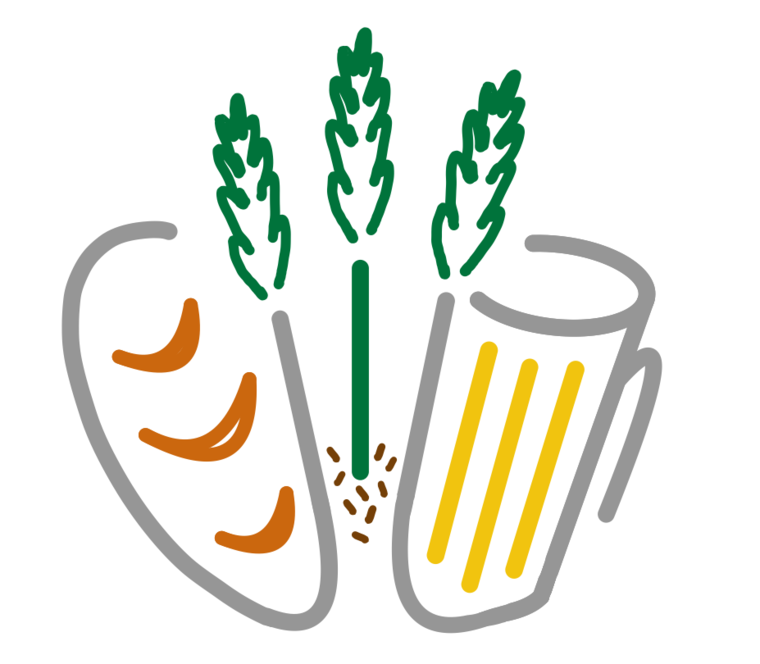In organic farming, winter wheat and spring barley are grown with low nitrogen fertilisation. Increased stress is to be expected as a result of climate change, particularly due to more frequent droughts. It is known from greenhouse experiments that the bacterium Hartmannibacter diazotrophicus can alleviate abiotic stress in cereals and fix nitrogen.
In order to transfer the experiments from the greenhouse to the field, the research network is evaluating the potential of inoculating seeds with H. diazotrophicus in field experiments at various locations. In addition to grain yield, the analyses focus on grain quality as baking wheat and malting barley as well as the survivability of the inoculated bacterium and its interaction with the plant root.
Additional analyses of the rhizosphere microbiome should help to understand the potential effects of inoculation on the natural soil microbiome. In the field experiment, significantly increased crude protein, starch and amylose contents were detected in the grain yield over three years as a result of inoculation of the seed, while the yield was only slightly increased compared to uninoculated variants. The protein fractions gliadin and glutenin were significantly increased in the wheat grain. As gliadins contribute to dough viscosity and glutenins to dough elasticity and dough volume was also increased, the baking quality of winter wheat was improved by inoculation.
Using quantitative molecular methods, the bacterium H. diazotrophicus was detected on the wheat root 273 days after sowing and on the roots of spring barley up to day 119 after sowing. The microbiome of the rhizosphere was analysed using molecular methods at the time of cereal flowering or milk maturity. This revealed an unchanged high diversity of bacteria and no influence by H. diazotrophicus.
The research focus is now on potentially improving the drought resistance of barley, with the interaction between H. diazotrophicus and the plant being analysed in more detail. Further field experiments at other locations should confirm the positive results on yield quality.

